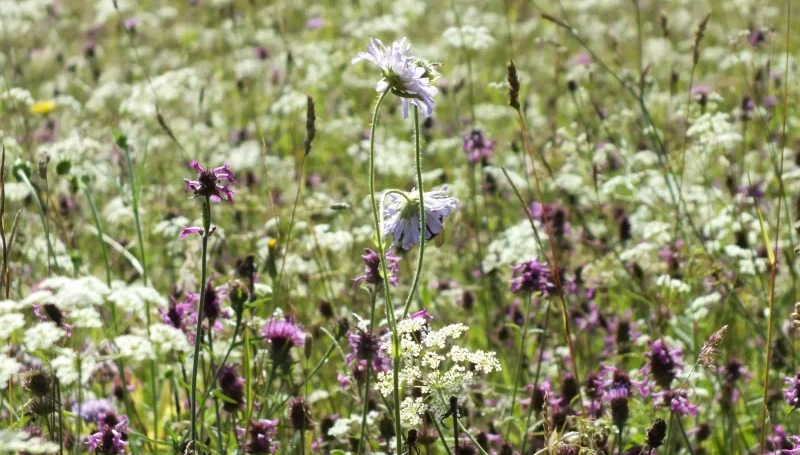Under the Environment Act 2021, it is a mandatory requirement for developers (in England) to demonstrate that their project delivers 10% net gain biodiversity.
The BNG process requires developers to plan into their project increases in natural habitats and ecological features.
How do we help our clients with BNG?
We work through the mitigation hierarchy:
- Avoid the impact – our ecologists work with land teams at a very early stage to ensure that the most valuable areas of biodiversity are retained and protected.
- Mitigate the impact – our ecology, arboriculture and landscape teams work closely with our clients as part of a wider design team to ensure that a project meets its objectives while achieving the best outcomes for biodiversity, in line with best practice guidelines.
- Compensate the impact – where BNG cannot be delivered on-site, our habitat team can work with clients and compensation providers to design, create and manage off-site biodiversity compensation schemes.
We provide a full range of services including:
- project-level BNG assessment and BNG plans
- strategic BNG advice for local planning authorities and land owners
- creation and management services for habitat compensation providers
Our services can support clients during full project life cycles, from pre-planning strategic land selection through to 30 year management and monitoring of off-site compensation projects. This is what makes us stand out – we can work with land holders to create a BNG strategy and identify opportunities for boosting biodiversity value.
Conservation Covenants
The long-awaited Conservation Covenant, the legal mechanism for securing 30 years of management for off-site BNG was made available in November 2022.
Conservation Covenants are agreements to conserve natural or heritage features of land. They must aim to conserve either the natural environment, natural resources, or the setting of the land. For example, they can cover agreements to conserve habitat for rare species, secure income for conservation activities, or provide payments for biodiversity net gain.
We have consulted with many clients and organisations about BNG over the past few years and the legal agreement securing 30 years of management has been a missing piece of the jigsaw. We now have Conservation Covenants to secure the positive management of land for biodiversity
Faye Durkin is Head of Ecology at Ecus, and has been focussing on Biodiversity Net Gain as an area of expertise since working with Natural England on a strategic pilot project in 2020. She is also Chair of the IEMA Biodiversity and Natural Capital Steering Group. Get in touch to find out how we can help support you in delivering Biodiversity Net Gain.




